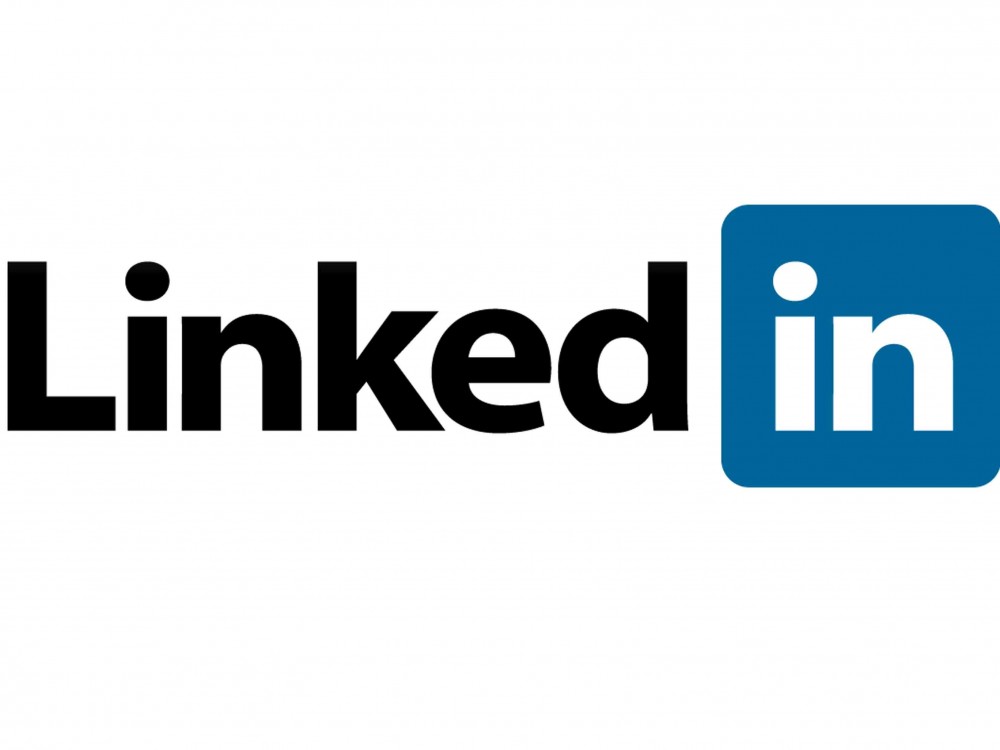Flight Ticket Fraud Alert
Fraudsters are attempting to entice victims who are looking for cheap flights abroad.
If you are affected by this scam, change your LinkedIn password, as well as the passwords for ANY site with the same, or highly similar, ones.

If you use LinkedIn, keep an eye out for an email that claims you must click a link to update your account. The email, which has the subject “LinkedIn Update” claims that LinkedIn is updating its “Services Agreement and Privacy".
The message warns that your account will be deactivated if you do not click the link and update your account. However, LinkedIn did not send the email and your account will not be deactivated if you don’t click the link. Instead, the email is a phishing scam that is designed to steal your LinkedIn account login details. If you click the link, you will be taken to a fraudulent website that has been built to emulate the real LinkedIn login page.
Once on the fake site, you will be asked to enter your account email address and password to log in. After entering your details, you’ll see a message claiming that you’ve successfully completed the supposed update.
Online criminals can now use the information you provided to hijack your LinkedIn account. Once they have gained access to your account, the criminals can use it to send spam, scam, and malware messages to your LinkedIn contacts in your name.
They may also gather more of your personal information from your account and use it to pose as you and attempt to steal your identity. LinkedIn users are regularly targeted in such phishing scams.
What's more, if your password is the same across other websites, the criminals may then be able to access these, not just your LinkedIn account.
If You Fall Victim:
More information on the warning signs of phishing scams, and what to do if you receive one, can be found in the video below: